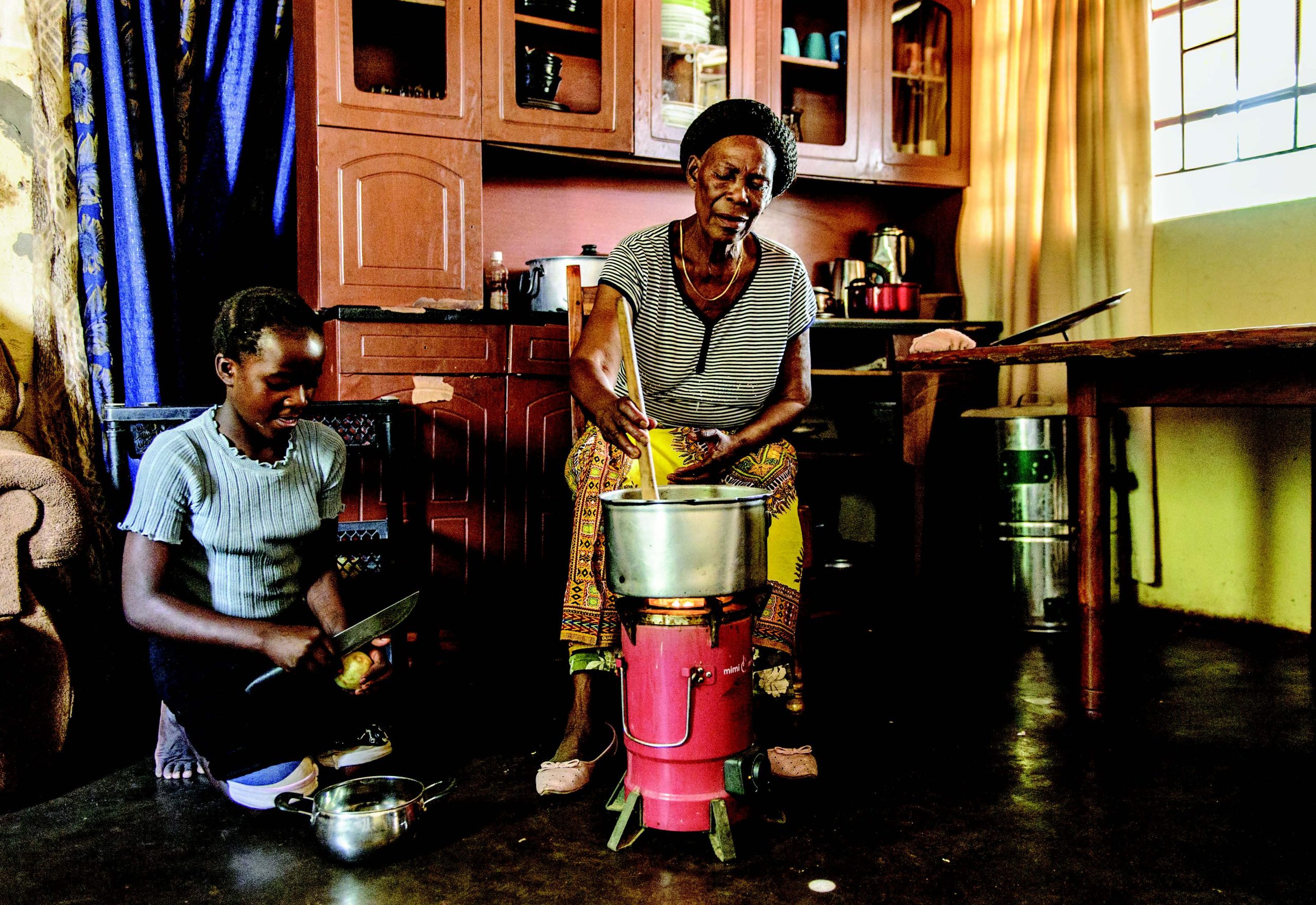The journey to full-scale renewable energy development in Zimbabwe and Africa lags behind the developed world due to factors such as the lack of technological capacity. The future is promising though, as the need to target and boost technologies like solar or wind power is on the agenda of many governments. According to a blog article by Isaiah D. Nyakusendwa, the Chair of the Renewable Energy Association of Zimbabwe (REAZ) for Africa Enterprise Challenge Fund, it’s already happening in Zimbabwe, where the government’s vision is to grow into a middle-income economy and in the process attain a 33% reduction of greenhouse gas emissions by 2030. One of the factors that will eff ectively deliver the vision is the draft renewable energy policy which targets 1,000 MW by 2025. This points to unlimited potential for the renewable energy sector in Zimbabwe and the infl ow of technologies targeted at improving the use and consumption of alternative energy.
Technological advancement in the renewables sector helps with the country’s electricity supply where reports say access levels to electricity services is at 53% (14% in rural areas, 86% in urban areas).
Nyakusendwa further notes that there is huge potential for renewable energy, especially with “the Zimbabwean government intending to embark on a medium to long term project to generate 2,400MW from Batoka Gorge Project which will be shared on a 50/50 basis with Zambia.”
Around Africa technology that promotes clean cooking was launched in September in Tanzania. Private companies that are promoting clean cooking solutions in the East African country are set to get grants and technical assistance through the Tanzania Clean Cooking Project (TCCP). This project is funded by the Swedish Government and implemented by the Africa Enterprise Challenge Fund (AECF).
Victoria Sabula, CEO of the AECF said in a press statement, “Reliance by low-income households on wood fuel for cooking has massive negative environmental and health impacts – hence providing clean cooking alternatives is imperative if we are to transition to a low-carbon economy. The Tanzania Clean Cooking Program seeks to surface innovative businesses that have the greatest potential to reach low-income households with affordable clean cooking solutions, and we are eager to see the positive social and economic impact of these companies over the next three years.”
The TCCP project seeks to reduce energy poverty through a transformational increase in the use of clean cooking solutions in rural, marginalized, and underserved communities. Ultimately, the project will see increased private sector investment, innovation in affordable clean cooking solutions, and accelerated access to clean cooking solutions.
In 2020, the Africa Enterprise Challenge Fund (AECF) launched a US$ 8.5 million grant facility to support the adoption and diversification of renewable energy solutions in Somalia and Somaliland.
This initiative sought to reduce poverty through a transformational increase in the use of renewable energy by off-grid households.
Still in East Africa AECF is also involved in Somalia where programmes promoting the move from diesel-generated power have been rolled out with the help of independent players. “The Somali market presents a unique opportunity for us and other development partners to change the narrative on the reliance on diesel-powered mini-grids as we facilitate a switch to renewable energy sources. To achieve this stimulation of market growth and engagement of the private sector in renewable energy value chains is pivotal,” said Victoria Sabula.
The AECF is an African development funder that supports innovative commercial businesses in the agribusiness, renewable energy and adaptation to climate change technology sectors. It aims to reduce rural poverty, promote resilient communities and create jobs through private sector development.
Text by Martin Chemhere

